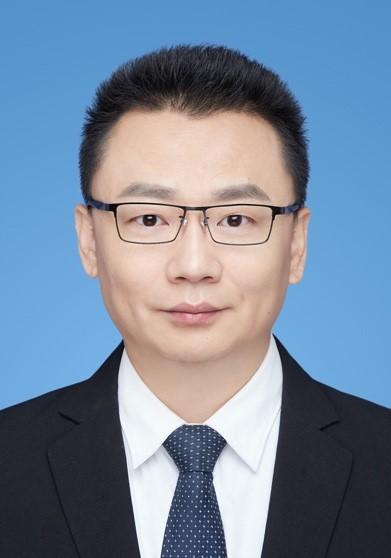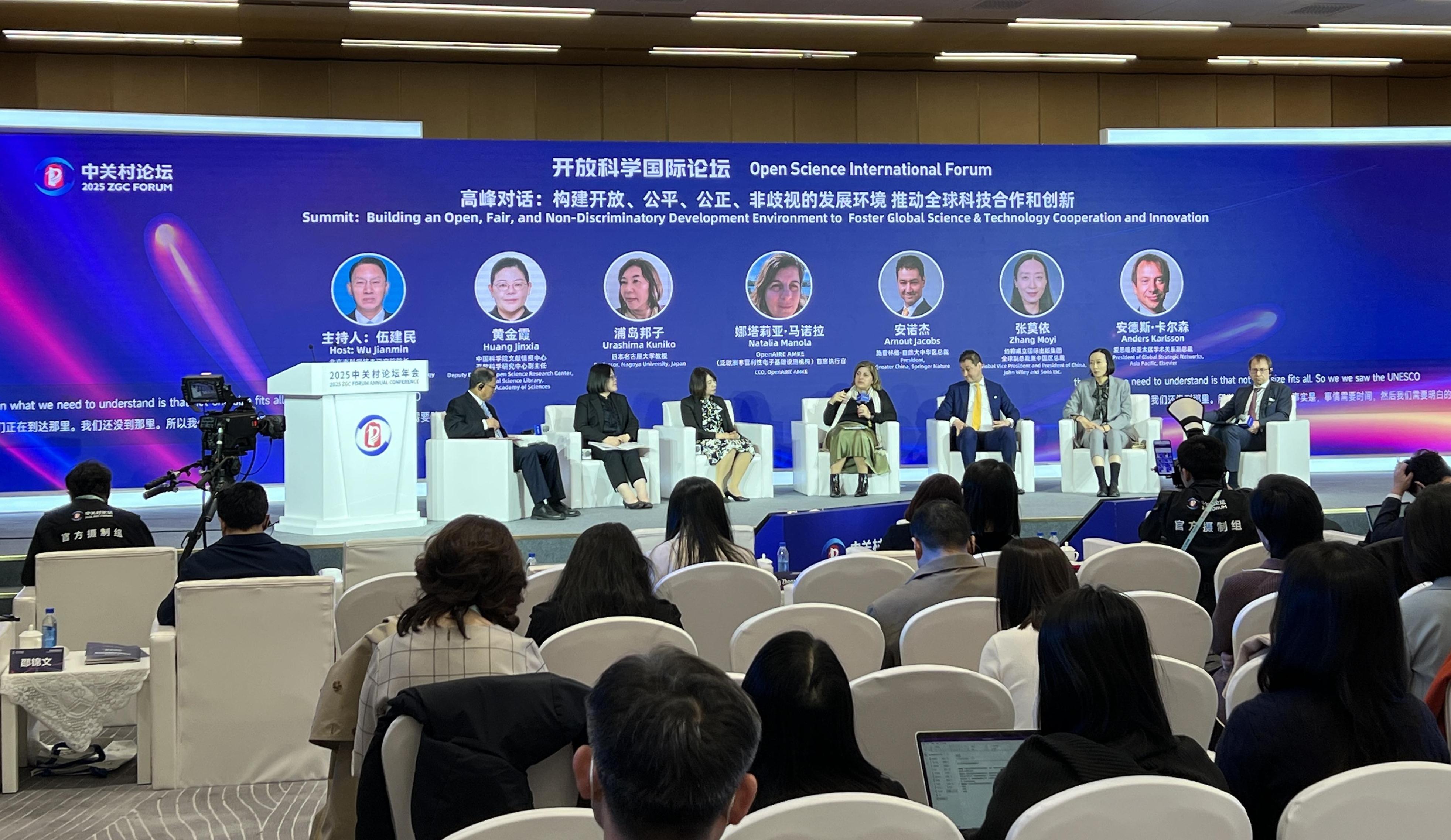Global Journal Observatory | APL Materials: Voice of Materials Science Innovation

In 2012, the American Institute of Physics (AIP) Publishing, a not-for-profit physics-focused institute, commemorated the 50th anniversary of Applied Physics Letters by launching a peer-reviewed open access scientific journal APL Materials. The journal was launched to establish a materials science journal for the physics community, covering the entire spectrum of materials science, including topics in chemistry, biology, and engineering. In only 10 years, the journal has built a community of materials science researchers across the world.
The history of materials science unfolds as a lengthy and intricate process, traversing from the nascent stages of ancient civilizations to the contemporary era of advanced technology. In pivotal technological domains like energy, transportation, and information technology, materials often emerge as critical factors limiting progress, propelling a pace of development swifter than that seen in traditional disciplines. With resource challenges on the rise, there's a pressing demand for superior materials. Beyond electronics and energy, the application of complex materials in healthcare is steadily expanding, covering areas such as drug delivery, cancer detection, molecular filtration. This brings to mind a profound statement from my mentor years ago: "May your research and materials make people's lives just a little bit better."
For 10 years, APL Materials has upheld its founding principles of applied science of materials with technology as the driver. It has stood at the forefront of materials science research as a driver of innovation and collaboration. Embracing the three pillars of material sciences — dimensions, properties, and applications — the journal fosters international collaboration and communication. Demonstrating this commitment, the inaugural editor-in-chief, Professor Judith Driscoll, visited China to highlight the journal's global outreach. According to Clarivate's InCites data from 2018-2022, APL Materials boasts a 36.06 percent of international collaboration in publications, surpassing the world average of 26.27 percent in the category of material science, multidisciplinary. Notably, the most cited article in the journal also stems from international collaboration.
We have built a diverse, accomplished editorial team with a deep bench of accomplished individuals who bring invaluable experience and knowledge to our publication. Our board members and advisory committee members come from prestigious institutions in Asia, North America, Europe, and beyond.
I'm not the sole editorial voice for APL Materials based in China. Our esteemed Editorial Advisory Board, guiding our scientific direction and serving as dedicated ambassadors, features notable Chinese researchers.
And just as it is impossible to tell the story of materials science without the work chronicled in APL Materials, so too is it impossible to tell the story of APL Materials without the immense contributions of the materials science research community in China. One of the highest cited review articles in the journal, by Professor Zhang Hongliang, highlights the versatility and value of gallium oxide for the semiconductor community. The article is marked as a "Highly Cited Paper" by Clarivate, a leading global provider of transformative intelligence, garnering more than 240 citations since its publication in February 2020. Other seminal works in the journal include perspectives on spintronics, a review of nanogenerators for nanoenergy, a prospectus on photocatalysts, and a perspective on the future of AI for flexible electronics.
Through investments in research infrastructure and world-class talent pools, China has undoubtedly become a leader in the materials science field. Their impact on the worldwide materials science community has been remarkable. Since our launch, the top contributors to the journal have been Chinese researchers — in terms of submissions and publications — and we are proud to serve as a platform for many of their contributions.
We are blessed to be living in an age of unbounded collaboration, and truly believe every individual has a critical role to play in shaping the trajectory of materials science. APL Materials invites you to join the conversation.
The article is written by Wang Bo, the editor-in-chief of the APL Materials and a professor at the Beijing Institute of Technology.
Journal Review
Since the 20th century, materials science has rapidly emerged as one of the core disciplines, driving advancements in modern technology. From the widespread application of steel to the rise of semiconductors and the emergence of nanomaterials and biomaterials, materials science has not only propelled significant progress in fields such as energy, environment and biomedicine, but has also influenced people's daily life and societal advancement. It will increasingly intersect with such fields as information technology and AI, giving a strong momentum to socioeconomic development.
APL Materials offers deep insights into the latest trends in the discipline. It not only focuses on cutting-edge research but also promotes interdisciplinary collaboration. With the mission of gathering top research achievements from around the globe and fostering innovation in materials science, it provides an open platform for academic exchange worldwide, facilitating sharing knowledge and exchange of innovative ideas.
Chinese scholars, as a vital force in materials science research, have become key contributors to the journal's development. The publication of their high-quality research not only showcases the strength and level of materials science research in China, but also contributes to the global advancement of the field.
—— Tang Zhiyong, academician of the Chinese Academy of Sciences, and director of the National Center for Nanoscience and Technology.







